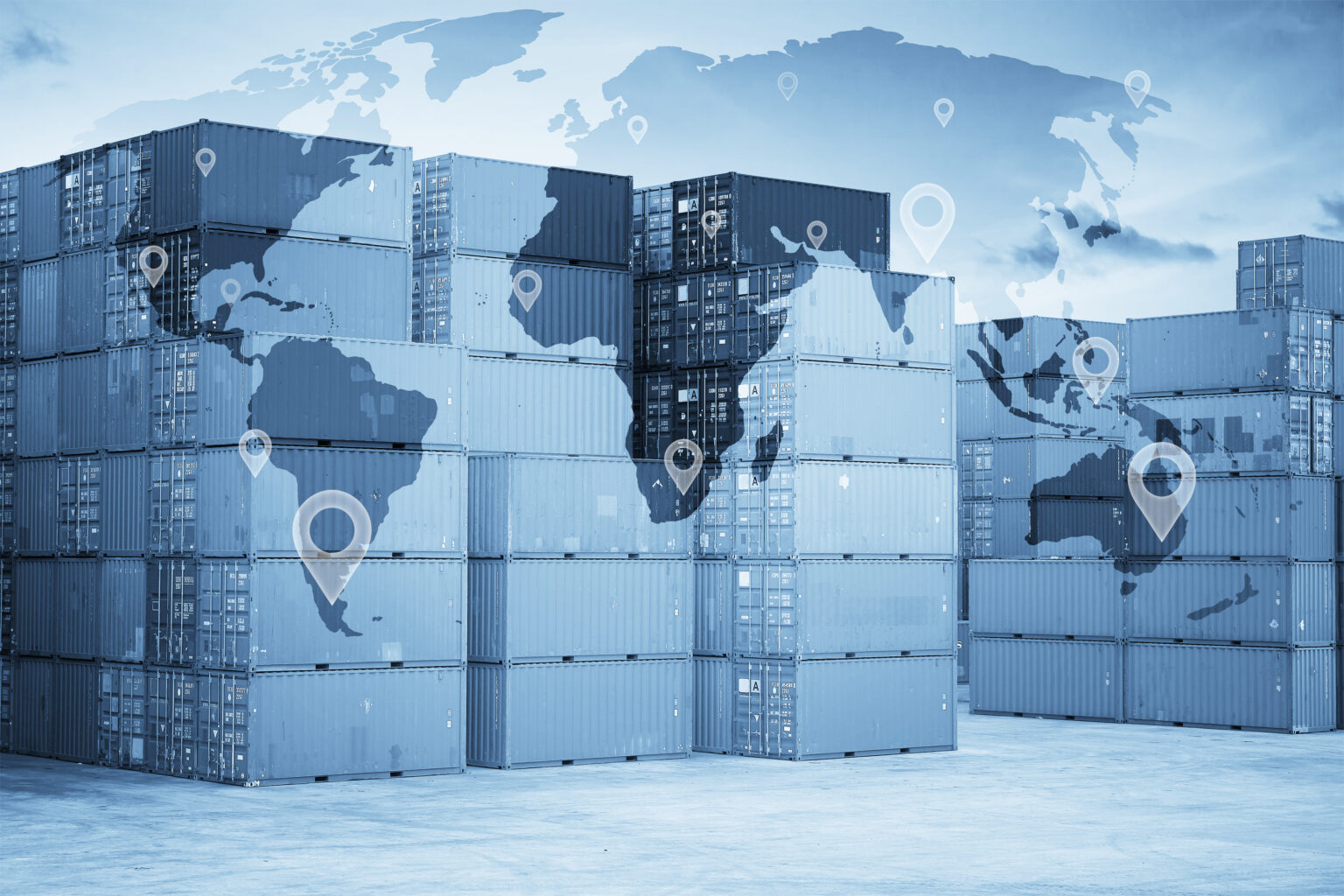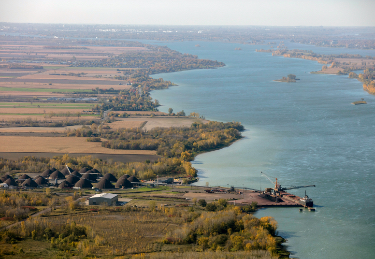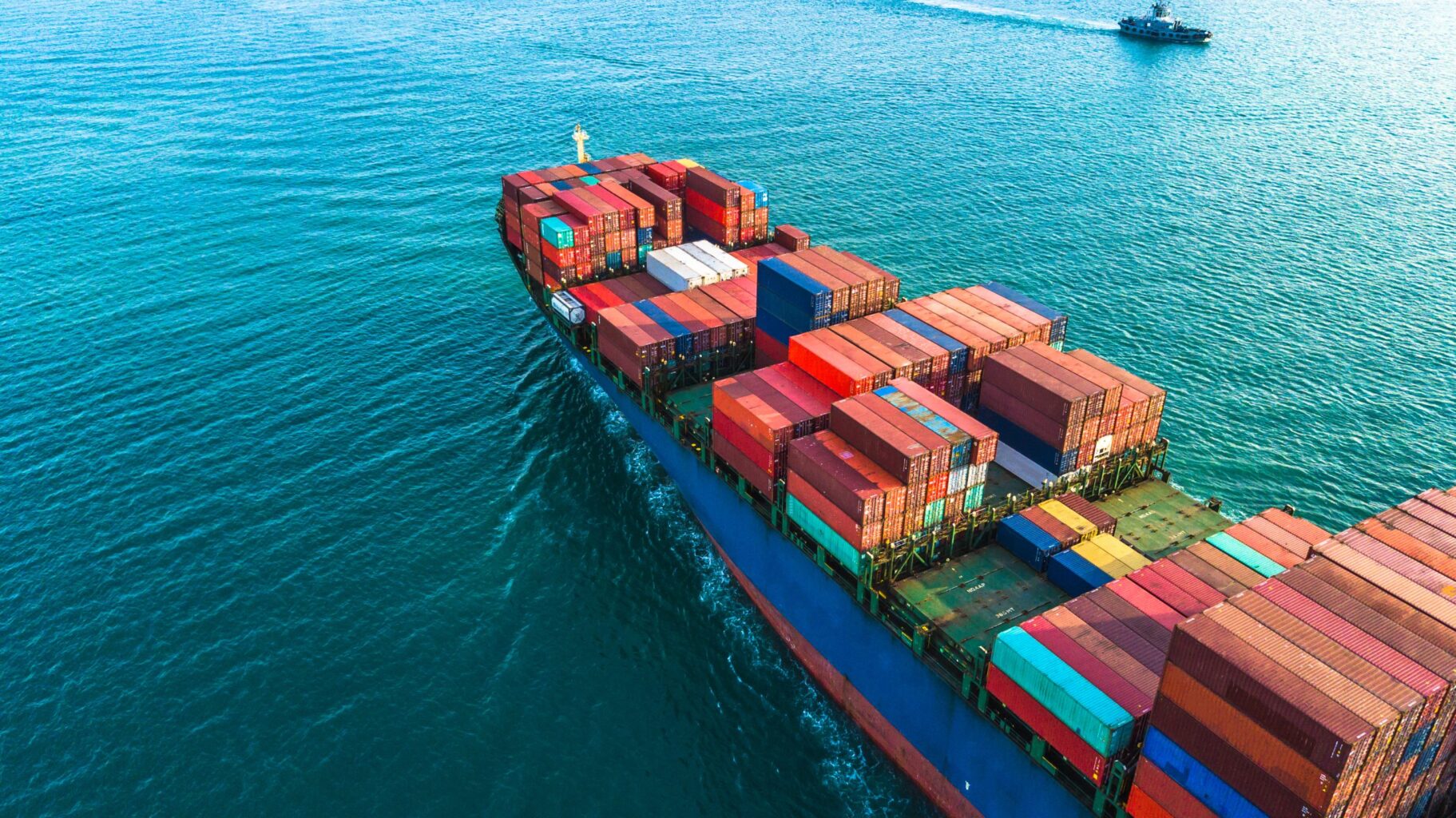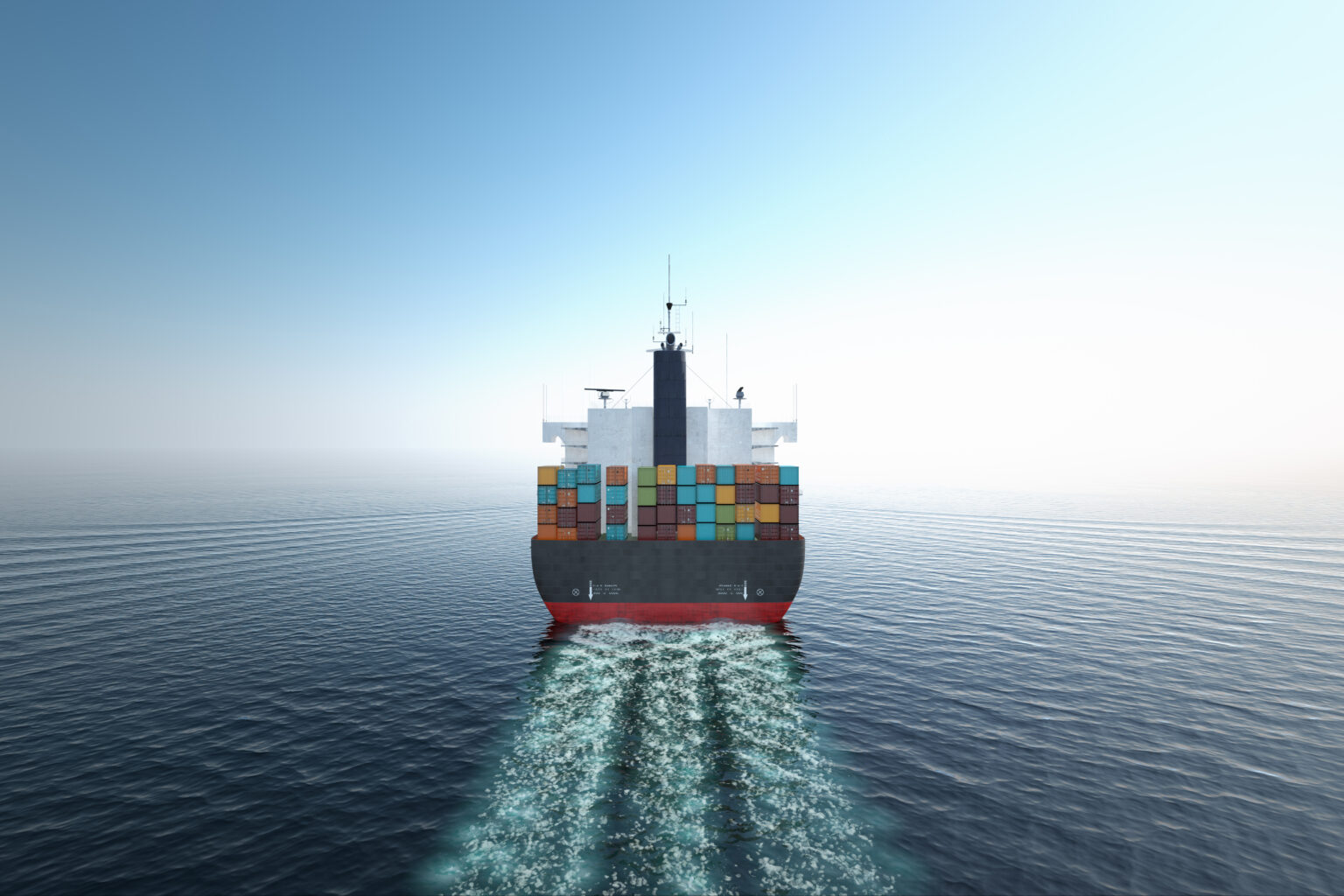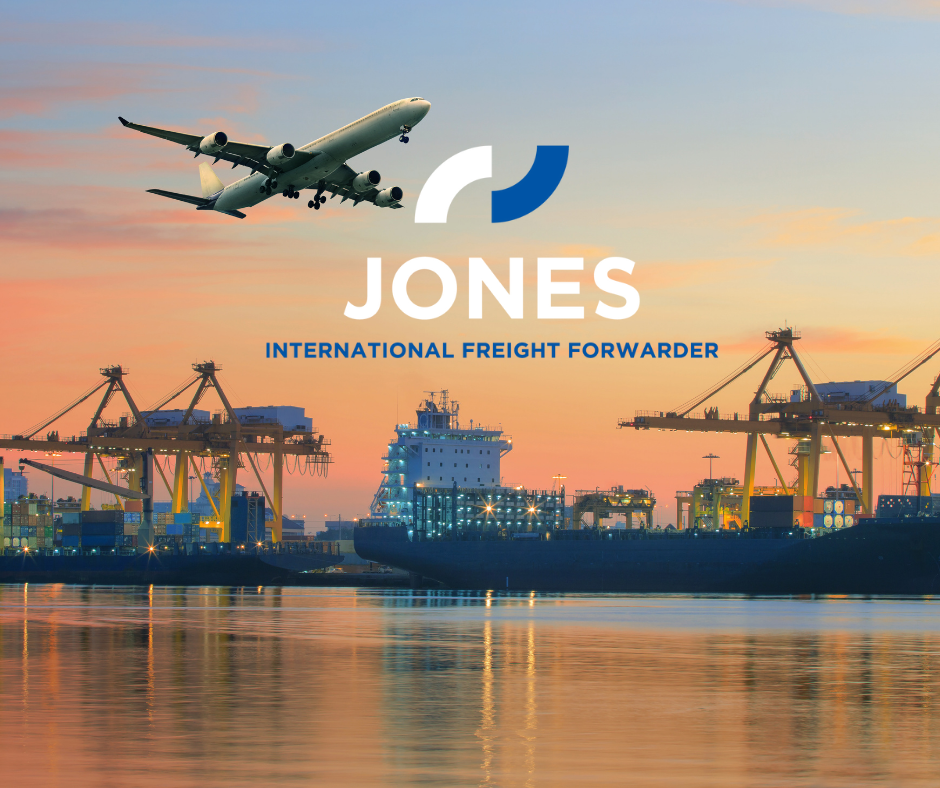28/10/2021
Insurance and freight: how to protect yourself against losses
Summary
Whether you’re importing or exporting goods, you shouldn’t underestimate the risk of losses and other damages during shipping. Although carriers have their own coverage, did you know that you also have certain responsibilities when it comes to insurance?
Your carrier’s insurance is limited!
Even after you’ve handed your goods over to the carrier, they remain your responsibility. In Canada, overland carriers are insured for up to $2 per pound, or $4.41 per kilogram. In the United States, this can be as low as $0.60 per pound! For maritime shipping, the amount can vary, ranging from $500 to $900 per shipping container. Depending on what type of goods you are shipping, this may be ridiculously low!
If the value of the shipped goods is low and the aforementioned amounts are satisfactory, then the carrier can take full responsibility through its insurance. However, you should be aware that should losses or damage occur, you may have to wait a long time for the insurance settlement, as the carrier will need to clear everything with its insurance company before paying up. Having your own insurance is much safer, offers more complete protection and will allow your case to be settled faster.
Best practices
Beyond the importance of having adequate insurance, here are a few things you can do that will help avoid repair and clean-up costs, and make a big difference if you lose all or part of your shipment.
Photos: a powerful tool
These days, taking quality pictures is easier than ever thanks to our smartphones. Photographing your containers both at departure and arrival will help you make a stronger case in the event of damages. This will make it easier for your insurer to assess your claim and to determine where an incident may have occurred along the logistical chain.
Proper packaging is essential
Proper packaging of shipped goods is too often overlooked. A specialist will recommend the appropriate packaging for your goods, and will draw attention to issues that may arise during shipping. This step could cost a few extra dollars, but it’s definitely worth it.
An exporter of wood products recently encountered such an issue. The goods, shipped through maritime freight during a particularly warm winter, were overcome with mould and rot when they arrived at destination. The insurer compensated the client even though the damages were not directly attributable to seawater. When the problem arose again, further analysis showed that the variations in temperature between day and night had caused condensation, and that humidity was the culprit. The insurer required that further shipments include desiccants within the packaging in order to absorb humidity, failing which they could no longer insure such shipments. Had there been a more extensive analysis from the onset, this problem could have been avoided.
Think ahead
Prevention is key to minimizing risks, and helps avoid potential losses due to product degradation during shipping. Obviously, it is impossible to eliminate risk completely: make sure your insurance coverage is adequate and most importantly, call on professionals who will share their expertise with you and provide you with peace of mind.

You may also like...
Our team looks forward to working with you.


